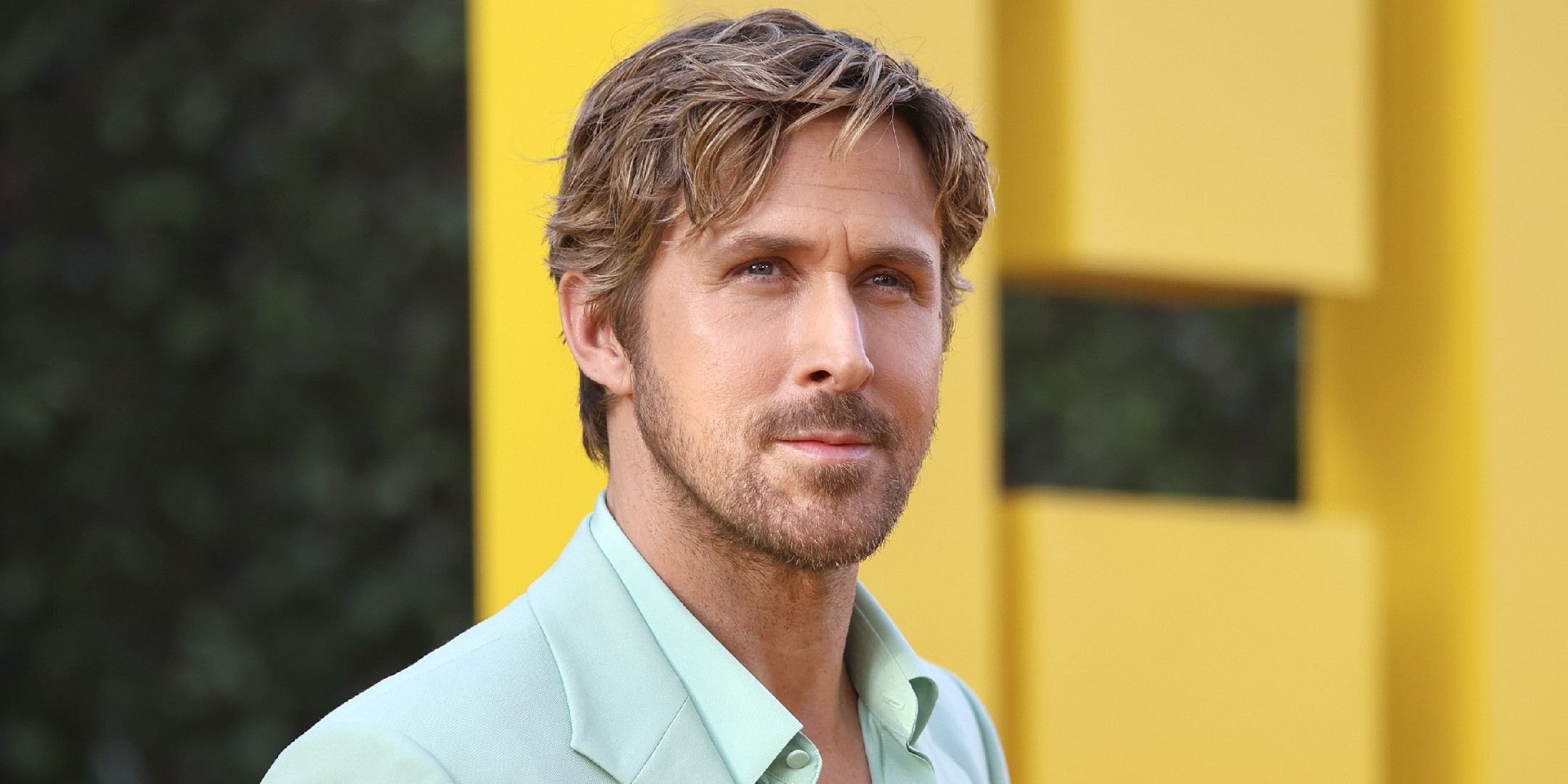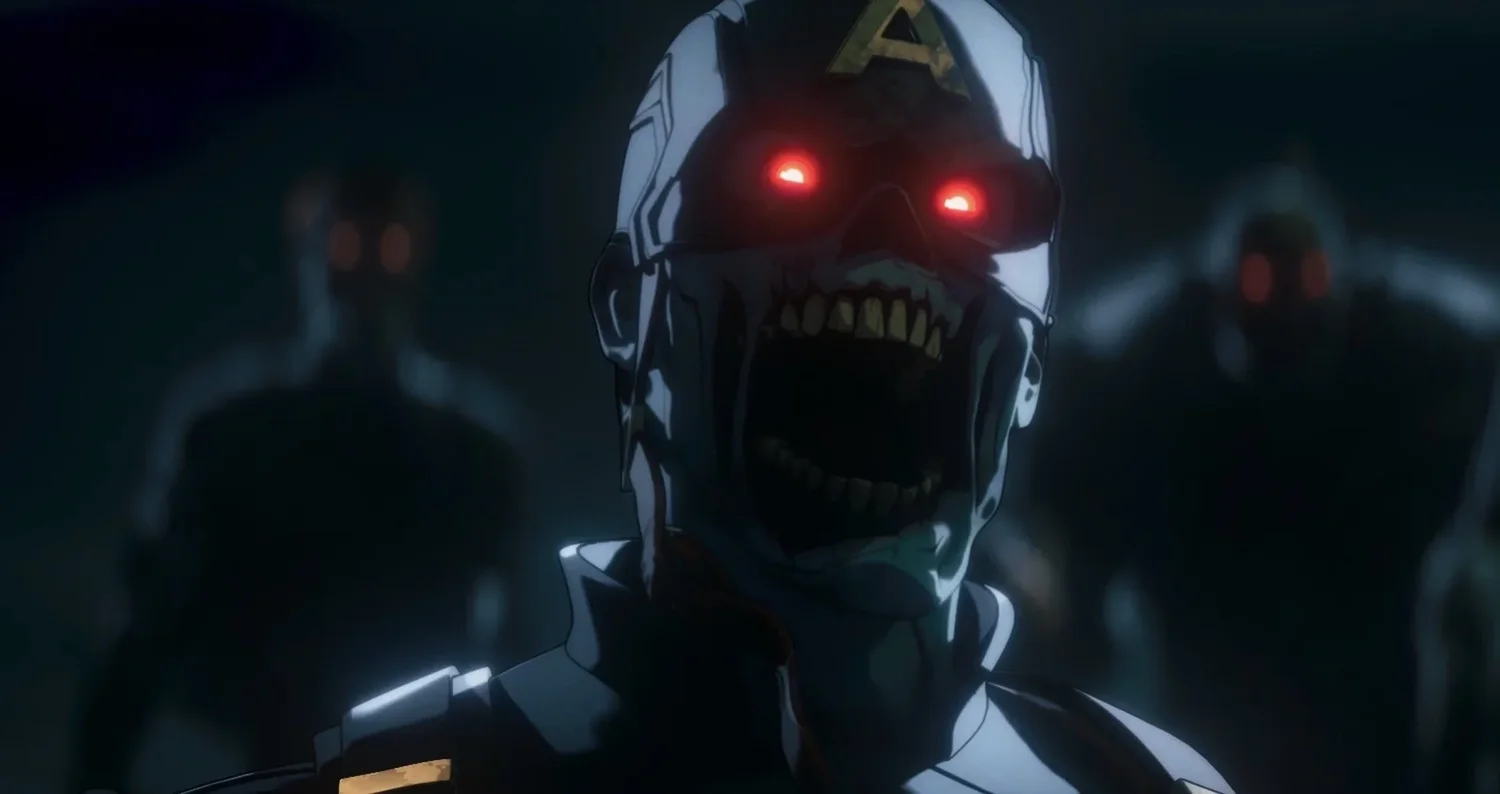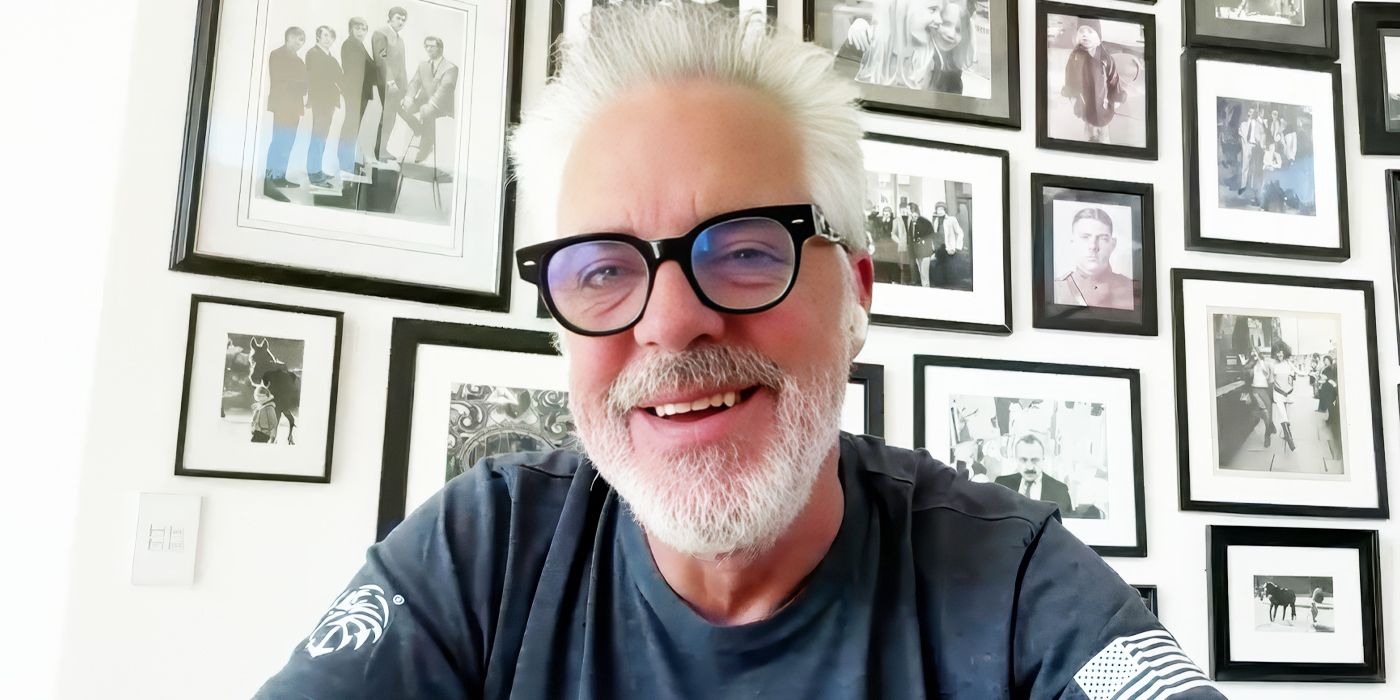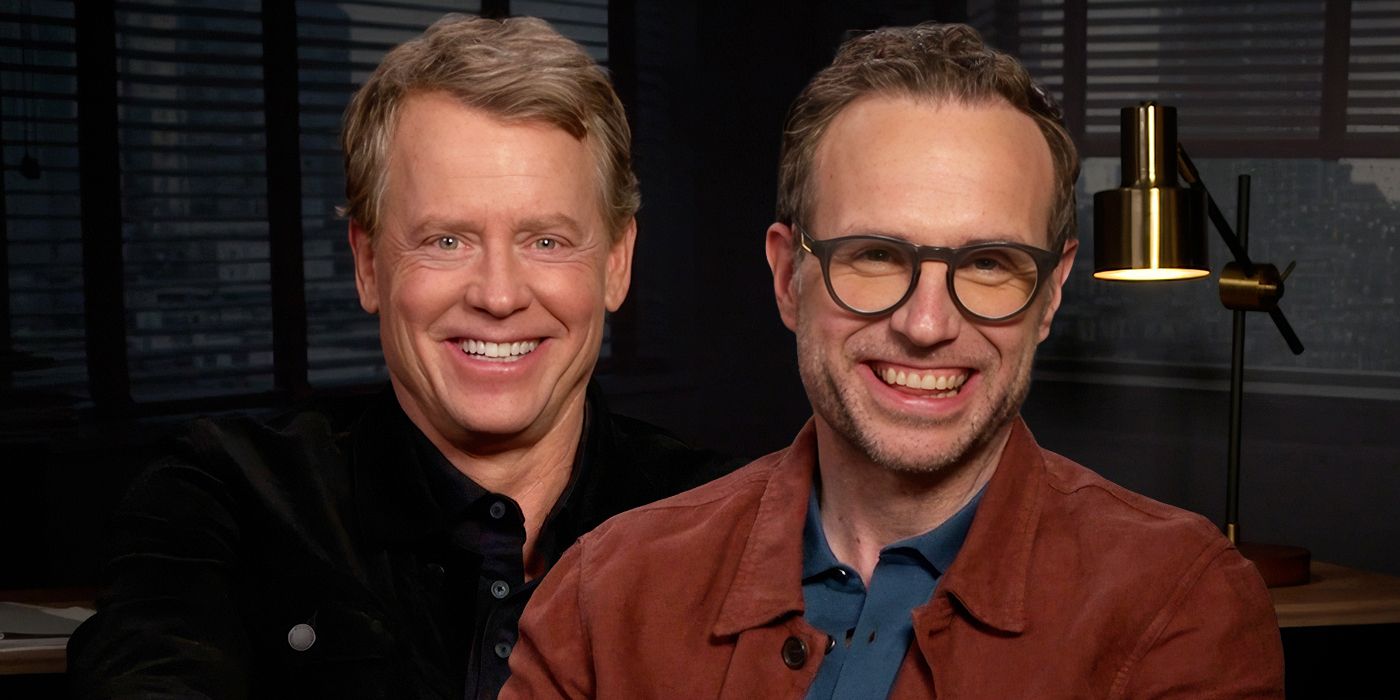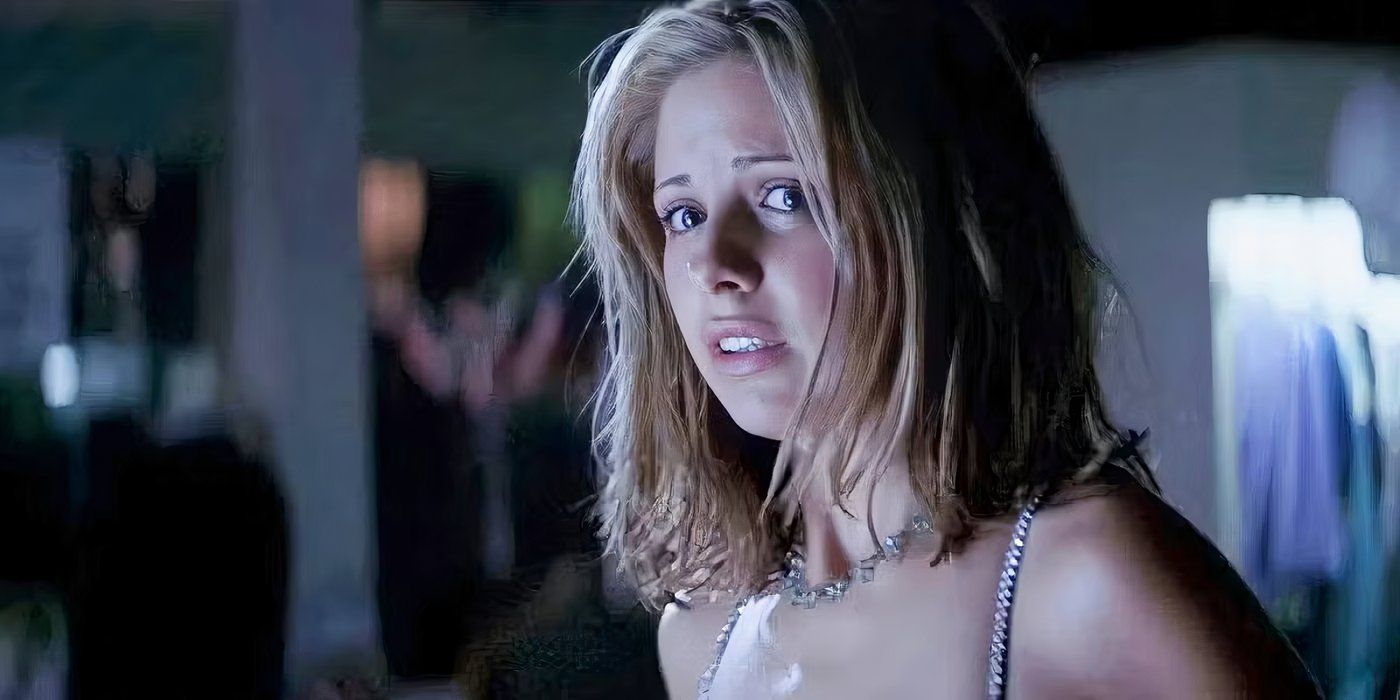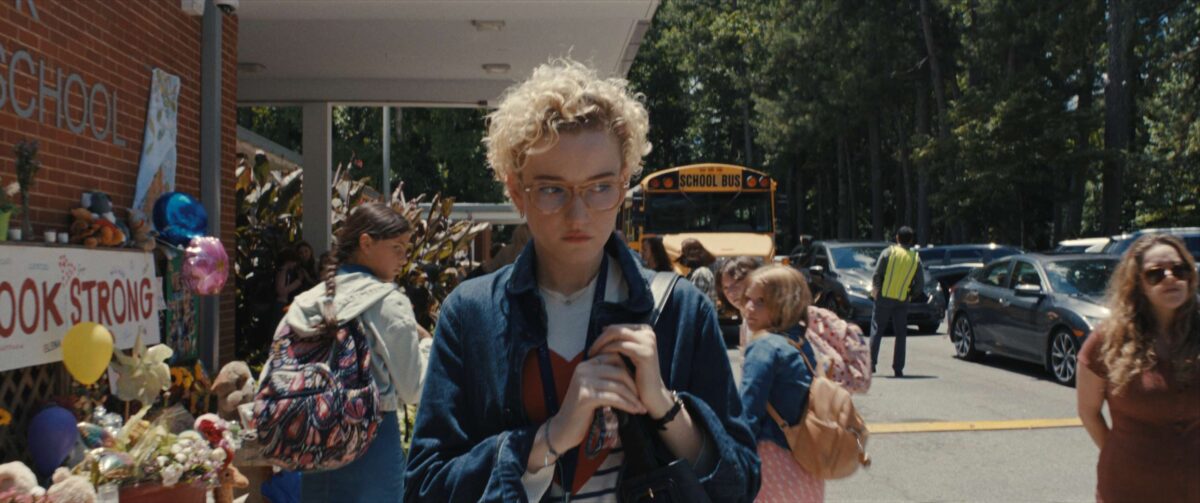
Hamza Haq Breaks Down ‘Transplant’s Season 3 Finale and Teases Season 4
Feb 10, 2024
[Editor’s note: The following contains spoilers for Season 3 of Transplant.]
The Big Picture
The medical drama ‘Transplant’ was always intended to end after four seasons, with the hope they would leave audiences wanting more.
The series was relatable and universal, focusing on themes of belonging, fear, and loss.
Co-stars Hamza Haq and Laurence Leboeuf built trust and chemistry to portray the ups and downs of the relationship between Bash and Mags.
In the Season 3 finale of the medical drama Transplant, which airs on NBC and streams on Peacock, Dr. Bashir “Bash” Hamed (Hamza Haq) returned from his time overseas working in a refugee camp in Lebanon knowing that he needed to make some changes for his future that will make for an interesting Season 4, which has already aired in Canada. No longer wanting to be what everyone else expects, Bash also realized that he’s just not on the same page as Mags (Laurence Leboeuf) and there might not be anything he can do about that.
During this interview with Collider, Haq talked about the emotional roller coaster of Season 3, the Bash and Mags dynamic, shooting the wildest and most memorable moments of the series, his experience working with this ensemble, the importance of playing an imperfect and flawed character, and making what felt like a show within the show. He also talked about finishing Season 4, which is Transplant’s final season, and what it was like to bring the series to its conclusion, and what he hopes to do next.
Transplant An ER doctor, who fled his native Syria to come to Canada, must overcome numerous obstacles to resume a career in the high stakes world of emergency medicine.Release Date September 1, 2020 Creator Joseph Kay Cast Hamza Haq , Laurence Leboeuf , John Hannah , Ayisha Issa Main Genre Drama Seasons 4
The Plan for ‘Transplant’ Was Always to do Four Seasons of the Series
Image via NBC
Collider: You’ve wrapped this series now and have closed the book on Transplant. Even though we’re just getting to the end of season three, you’ve already wrapped. How does it feel? What does it feel like to know that you got to see that story through to its conclusion?
HAMZA HAQ: It’s great that we got to do it for four years. That was always the plan. We got our Canadian audiences upset that we’re walking away after four seasons, but Joseph Kay, the creator of the show, said there are four years of residency, so four years of the show was always his intention. The fact that we are leaving the show with the audiences wanting more is exactly where you wanna leave it. We’re not in a position where people are sick of us yet, at least in Canada. But on a personal level, I don’t think it’s really landed, in the sense that we usually would wrap around the wintertime, and then everybody does their own thing, until we get an email in March or April about the shooting schedule for the next [season]. So, I feel like it will really hit home that we’re not doing it anymore when that email doesn’t come around.
You grow attached to a job and an atmosphere, and there’s a grieving process with your co-workers. As far as the show and the characters concerned, a lot of what we got to do, or a lot of what I got to do in the last season, was process all of that in real time with the content that we were filming. That’s about as much as I can say without giving anything away. On just a day-to-day personal and professional level, I think I still have to understand what it’s like, no longer being attached to a show. Transplant was my cotillion to the industry and now that’s no longer the key card that I have hanging on my lanyard when I walk around as a professional. It’s an interesting feeling, and I’m excited to see what comes next. I’m sad to see it go, but very excited for what’s next.
The series creator has said that this series was always planned for four seasons, but did you guys know that from the beginning? Was that something you were aware of, from the very start of this series, or were you told that at some point along the way?
HAQ: All the lead cast, we only had four-year contracts. There was an expectation that, because it was doing well enough in Canada, we would do four. After how well Season 2 was received, we waited a whole year to do another season because of COVID, and that was received just as well. So, it was an understanding that we’d probably go the distance and do all four. There were whispers here and there of, “Oh, they might do a fifth,” but there was no way they were going to do a fifth season and reup all of our contracts because our market value had gone up, and they would have had to shell out a lot to get us all to come back. It was just an understanding that logistically it would probably be a bit difficult for them to get everybody to come back. Having said that, I’m sure we all would have. But yeah, we knew it was gonna be four seasons, and that was it.
One of the things that the show has pulled off so well is that it really does feel so universal. Yes, it’s a Canadian show, but it feels relatable for viewers anywhere and everywhere.
HAQ: We wanted to tell a story, and there were just so many international and universal elements to this show. It’s the story of a refugee who comes from Syria, and he comes to Canada and there’s this sense of not belonging and fear and loss, and all these things that every patient brings in with them, as well. Largely, it is very understandable, by universal standards. Joe wanted to make a show that everybody could enjoy. The biggest thing that an American audience will find strange is that you don’t have any patients stressing out about paying their medical bills. That’s probably the largest difference, in that sense.
Related The 16 Best Medical Drama TV Shows of All Time, Ranked Doctor, get these viewers a TV, STAT!
There are some wild things that have happened on the show. That’s par for the course with any TV medical drama, but a guy setting himself on fire in the Season 3 finale is probably one of the more memorable moments. What was that like to shoot? Your character especially seems to have a level of respect for this guy’s convictions. Do you think you’d be that understanding?
HAQ: I’m not going to draw any parallels to setting yourself on fire, but when you commit yourself to anything to a tremendous degree, I don’t really know what people are going through, so I try not to judge the lengths people will go to get their message across. I personally wouldn’t do it. I don’t know if I have the strength and fortitude to commit myself to something that much, where I would set myself on fire. I’d be like, “Well, I could try having a conversation first.” And that man tried that. Bashir understands that. He comes from a background that has seen so much sacrifice and so much pain and so many extremes on any side of conviction that I think he can empathize with somebody’s desperation to get their message across. Me, personally, I can understand it, but setting yourself on fire is a bold thing to do.
Hamza Haq Says ‘Transplant’ Has Had Memorable Hospital Moments in Each Season
Image via NBC
What were the craziest or most memorable hospital moments for you in the series? When you think back on the series, as a whole, are there moments that jump out to you?
HAQ: In the pilot, it didn’t happen in the hospital, but that truck crash scene was one of the first things we shot. It was the middle of the night and it was my first time being lead on a show. There’s all this destruction, there’s pyro, we’re doing steady cams, and I’m there with John Hannah from The Mummy in the middle of the night, pretty much making an action movie. I was just like, “Yo, I get to do this for work. This is so magnificent.” When you decided 10 years ago that you’re gonna be an actor and nothing happens, but then, all of a sudden, you’re filming this thing, it’s a beautiful moment. There were so many magnificent set pieces that we did. There was the opening of Season 2 with that bus crash of children and there were all these crane shots. I was filming a scene under a bridge during a rainstorm where I had to break into a bus and save a child’s life. It was pretty cool action hero stuff. I didn’t think I’d be doing that in a medical drama, so that was really cool. There was that gunfight in Season 3 that happened in the middle of the hospital. It was a code silver happening in the hospital, which was pretty cool. In Season 1, episode 2, we do this thing called the Blakemore inside a guy who ends up coughing up a lot of blood. That was our first introduction to the blood effects on the show, and our special effects guy hit that hydraulic pump so hard that for the remainder of the show, the ceiling of our OR was stained with blood, and we looked at it every single time. That was a lot of fun.
What have you most enjoyed about working with this ensemble?
HAQ: We got really lucky that, before our first day of filming, they wanted to give us a crash course on medicine. So, we all went to a medical boot camp with Dr. Zach Levine and Mike Richardson, who was our consulting nurse. He was a nurse in Montreal for about 20-something years before he retired during the show. By Season 3, he had retired. So, they set up a boot camp for us and we spent three days learning the basics, like how to do CPR properly and the medical terms. Everybody’s collective knowledge on the subject matter was zero, so we all learned it together. It was like summer camp, or How to be a Doctor for Dummies for actors. We all went through that process together and that is when we all first met. It was the same day as the camera test and the WhatsApp group was born that day. We all started rock climbing and going to jiu-jitsu and having sushi together. It happened immediately. It was very fortunate that we found that with each other because to have done it for four years, could you imagine doing it with people you can’t stand.
Fans of the show love Bash and Mags and it’s been quite an emotional roller coaster for them throughout the seasons. When you’re the actor playing the character and you’re one half of a couple that fans love and want to be together, what is that journey like when you’re playing scenes where they just can’t seem to get on the same page? Is that tons of fun as an actor, or is that hard because you also personally root for your character and his happiness?
HAQ: We put so much of our trust in Joe. We wanted it to happen. We wanted the audience to be happy and we wanted our characters to be happy, as well. Every time, it was almost, and then it didn’t happen. You are rooting for them, but at the same time, there is a satisfaction in delaying that gratification. There’s a satisfaction in playing heartbreak, as well. How many times does your heart get broken on the daily? So, to share that with audiences, I feel like more people, fortunately or unfortunately, relate to not getting what they want. That’s what makes them want Bash and Mags to end up together so much. We’re so used to not getting the things that we want for everybody, and that’s a beautiful thing. That’s that universal empathy where we may not have exactly what we want in our lives, but we want it in the people that we have grown to love. When an audience member can really want that for their favorite character, I think it’s a reflection of how everybody just wants good for other people because it’s what we want for ourselves.
For Hamza Haq, Getting to Explore the Bash and Mags Dynamic Was the Most Wonderful Aspect of ‘Transplant’
Image via NBC
What was it like to find that dynamic with your co-star, Laurence Leboeuf? Did you guys talk about it together at all? Did you just trust in the scripts? How did you approach that?
HAQ: It was very easy, working on those scenes with Laurence. When we both got cast, it was just like, “All right, we’re making a network TV show. You’re the lead male. You’re the lead female. Obviously, there’s gonna be an angle here.” We became friends so quickly, off the top. We got along immediately. And then, there was this moody competition between the two of them. And then, there was irritation with them. And then, they both had a crush on each other. And then, they liked each other. And then, they were just sick of each other. And then, they couldn’t stand each other. Working together was just so natural and organic. Aside from myself, nobody worked more hours on the show as a cast member than Laurence. You adopt the character’s mentality about work. If Bash was tired, then Hamza was tired. It was weird.
There was this one time in Season 3 where Mags yells at Bash, “I feel like I just need to be the broken one right now.” We have this huge fight, and for the first time in three seasons, Laurence and I had a disagreement. Every single time our characters were going through something and we had to act that, there was a similar reflection of what we were both going through in life. It landed perfectly, every single time. Scenes where we had to be kinder and nicer and lovey-dovey to each other, we hadn’t seen each other in ages because of the schedule and it was just so nice to reconnect. And then, there were times when we had to be rude and snippy with each other, and the characters would emerge. It was wonderful. Working with Laurence throughout the entire thing, the Bash and Mags storyline was the most organic and easy and wonderful part of the job. I never felt like I had to work too hard to get anywhere emotionally. We carried each other through that and I’m very grateful I got to work with her on that.
What has it meant to you to play a character like this one on TV, to showcase his culture and his journey, to show his struggles and the fact that he doesn’t always make the right decision, and to really be able to provide that visibility for members of the audience that may not have seen themselves represented before?
HAQ: Anytime you do a show that tries to do accurate representation for BIPOC communities or Muslim characters, or anything like that, you’re under a microscope because there’s so little of it that your one thing has to become everything for everybody. When I started making peace with it, that it’s not gonna be that, I feel like I started listening a lot more and the feedback that I was getting was more natural because I wasn’t trying to cater to a specific demographic. I was just trying to accurately represent myself within the confines of the character. When we did our pilot and had our premiere, we had 70 members of the Syrian Canadian Foundation come through and watch it and I got the thumbs up from them. I was just like, “All right, that’s all the validation I’ll ever need.” There are so many people who share the experience of having refugee status and coming to Canada and escaping a war. I got a lot of flak from the Muslim community, in terms of the we handled it. But I’m a practicing Muslim and I’m very proud of being Muslim, and this is how I do it. To even say things on camera like, “I’m not perfect,” is such a relief for myself to be able to have a character that’s not a monolithic character representing an entire people. I took that pressure off myself, and Joe allowed me that freedom, as well. Also, we deserve that.
As visible minorities who are Middle Eastern, South Asian, and Muslim characters, we deserve the opportunity to be as flawed as everybody else, as beneficial for society as everybody else, and to get to contribute and be seen as contributors to society, just as much as everybody else. It’s meant a lot that we see Bashir as a co-worker, as a brother, as a lover, as a Muslim, as a doctor. All of these things that go in tandem can’t be defined as one thing. To be boxed in by anything is an amount of pressure that nobody really needs. Nobody really deserves that kind of weight on them because it’s impossible to uphold. I could really go easier on myself in a lot of ways, and I could go easier on my favorite actors, my heroes, and my parents. I have these expectations of people that I see myself in because it’s a representation of the expectations I have of myself, and oftentimes the expectations of myself, I fail. So, to see somebody failing publicly gives me permission to do that as well, and to build myself up and to go easy on myself and have empathy, not only for myself, but anybody in that position.
We have gotten to see Bashir travel to other places and we’ve seen flashbacks to other times in his life. There’s also the relationship with his sister. Did it sometimes feel like you were off making your own show within the show?
HAQ: Yeah. Those locations were just so cool. When Bash goes to Lebanon to the refugee camp, it was a full-on movie with the set that they built and the 16 tons of gravel they brought in to set up this entire thing. The whole thing was in Arabic, and we were working with everybody except the main cast that I’d known for all these years. It was just me off on my own, doing this little side adventure. I thought it was so much fun. We all know that medical dramas are very formulaic, so to get to do things where you break away from the formula, it makes the job really easy to do because the top of the call sheet still says Transplant, but it doesn’t feel like that. It’s also kind of like a different character because Bashir gets to be a different version of himself. To do those refugee camp scenes, it was just so beautiful because it was the first time we got to see Bashir so confident because he was not the other. He was just like everybody else. He behaves with a little bit more confidence and this assuredness of himself, that he was still in the process of recognizing while he’s in Canada. When he comes back from that, there’s a tremendous shift in his demeanor because he gets to live that again, for the first time after having had to flee his homeland.
Hamza Haq is Looking Forward to All the Possibilities of What Could be Next
Image via NBC
After spending so much time playing this character on this show, has that changed or shaped what you’d like to do in the future? Do you know what’s next for you?
HAQ: Honestly, I just wanna try to avoid something similar. I would love to play a character that tells a universal story, that’s similar enough to Bashir in the approach to storytelling, but I think I’ve done my bit for the good guy. As flawed as Bashir is, he’s a man of tremendous nobility. He’s a war hero doctor. On his worst day, he’s still a stand-up guy. I want to tell a story from a perspective of somebody a little bit more troubled or somebody who fails a little bit more at drawing those lines. I’d love to play a bad guy. I’d love to do something completely different. I’d love to do comedy. There’s a litany of directors that I wanna work with. There’s a litany of actors that I wanna work with. But I have no idea what’s next. The beautiful thing is that it could be anything, and that’s also terrifying. I would love to just do something that is completely not what would be expected from somebody who’s just coming off a [four-season] run of a network show where I got to tell the story of a Syrian refugee who’s a Muslim good guy. Because I don’t think that’s been done before, I don’t know if there’s even a blueprint for that. I just wanna tell something that is beautiful, that is true, that makes me a better actor, that puts me on the trajectory of telling universal human stories.
I watched Poor Things, and I would love to do something like that. Storytelling and acting and this art form is so limitless. I’m very excited for what’s next because I wanna do everything. I wanna be in Blade. If Shang-Chi gets a sequel, I wanna do that. I wanna be in Season 4 of The White Lotus because they’ll probably make one. I wanna be in Season 2 of The Last of Us. I wanna do a rom-com. I also want to do whatever it is because I wanna do it. The beautiful thing about being on a show for [four season] is that you have steady work, which is an anomaly for 99% of actors. There’s also the thing of taking your time to decide what you wanna do, which is not how my life’s been. That’s a tremendously privileged thing to say, that I have the privilege of choice. But I love working. I love being on a movie set. It’s one of my favorite places to be, ever. Even if it’s a tiny thing in a remote place where I just get to come in for a day, I’m open to that, as well. I’m ready to do a day on an indie project, and I’m ready to be a lead in a Christopher Nolan movie. I’ll take any opportunity that comes my way, that’s interesting, that’s beautiful, and that pays my bills, let’s be real about that.
Transplant is available to stream at Peacock. Check out some highlights of Bash and Mags:
Watch on Peacock
Publisher: Source link
Samara Weaving Is Perfectly Cast In An Energetic Thriller That Could’ve Benefitted From A Theatrical Run
Eenie Meanie is a thrilling action dramedy that is captivating from start to finish. With the film exploring intersections between various genres, it would be easy for it to get lost in the noise, but it manages to deliver a…
Aug 24, 2025
Riz Ahmed’s Tight New Thriller Proves That They Still Make Them Like They Used To
When Ash (Riz Ahmed) works, it’s like he’s from another time entirely, rarely prioritizing current technology. As a fixer based in New York City, Ash uses a relay phone service to stay in contact with his clients and conceal his…
Aug 24, 2025
An Infuriating Dramatized Story That Still Forgets the Actual Victim
If you were at all tuned into the news in 2007, or if you're an Italian living in Perugia, or if you are just interested in true crime, not much from The Twisted Tale of Amanda Knox will be that…
Aug 23, 2025
Weapons (2025) Review – This Is The Horror We’ve Been Waiting For
In Weapons, a small American town is shaken when a series of unsettling events begins to unfold, all seemingly connected to the mysterious disappearance of local children. As the community grapples with fear and suspicion, multiple lives intersect in unexpected…
Aug 23, 2025
